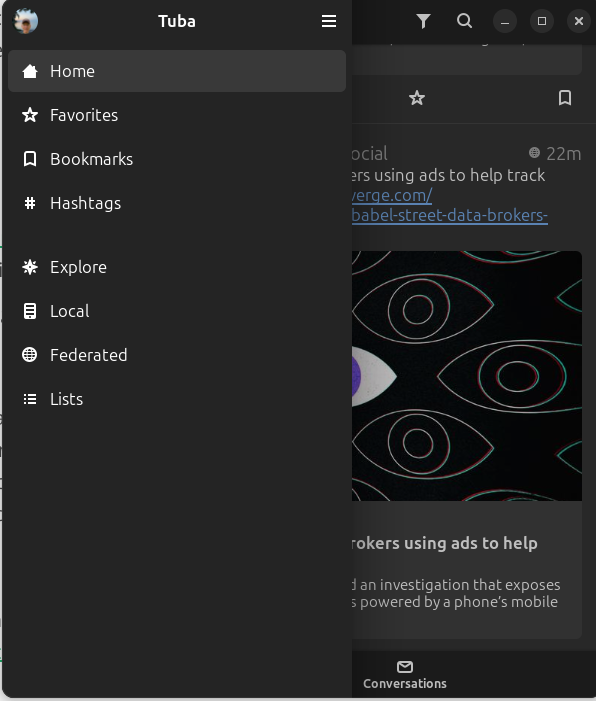I have been a Mastodon user for nearly six years. I started on Fosstodon and have since moved to Mastodon. social but that’s unimportant because both Mastodon instances are connected with the ActivityPub protocol. ActivityPub is a protocol created for decentralized social networking which enables seamless communication between different servers. I can make a post on Fosstodon that is shared across the entire Fediverse regardless of which instance I shared it. This enables sharing across multiple platforms without having each function as a walled garden. That is the vision of ActivityPub.
This gives users more control and freedom over their social media experience. Instead of being confined to a single platform, ActivityPub allows users to interact across interconnected services. You can easily connect and communicate with others whether you are on Mastodon, Peertube, Pixelfed, or any service that implements ActivityPub.
ActivityPub empowers users to host their servers, ensuring data privacy and ownership. ActivityPub provides the opportunity to move to a more open, user-centric internet where a few large corporations do not hold control.
In addition to my accounts on Mastodon that communicate with each other with ActivityPub, I also have an account on Pixelfed, and this blog connects to the Fediverse with the ActivityPub protocol so that every time I add a new blog post, it is shared to the broader federated network. That is because there is an ActivityPub plugin for WordPress.
Here’s a list of ActivityPub services along with descriptions of their functionalities:
- Pixelfed – image sharing
- Peertube – video sharing
- NodeBB – forums
- Lemmy – forums
- WriteFreely – blog
- Friendica – Facebook-like macroblog
- Hubzilla – macroblog / CMS
- Funkwhale – audio
- ActivityPub for WordPress (Plugin) – CMS
- ActivityPub for Drupal (Plugin) – CMS
- ActivityPub for xwiki (Plugin) – wiki
- ActivityPub for Discourse (Plugin) – forums
- Bookwyrm – book reviews
- Owncast – video streaming
- Pinetta – pins
- Nextcloud – data storage
For a complete list of services and sites that ActivityPub enables, consult this curated list and join the Fediverse.



